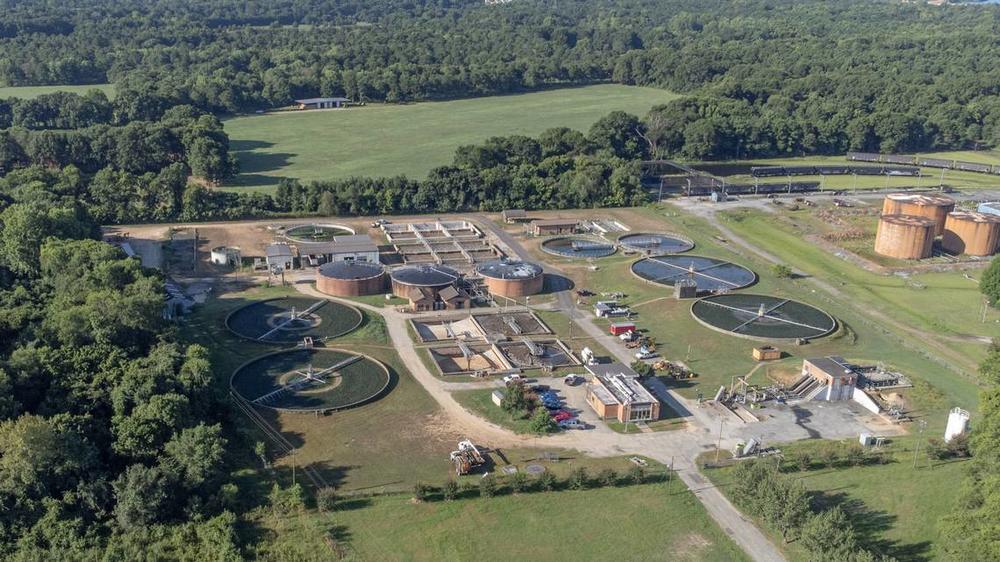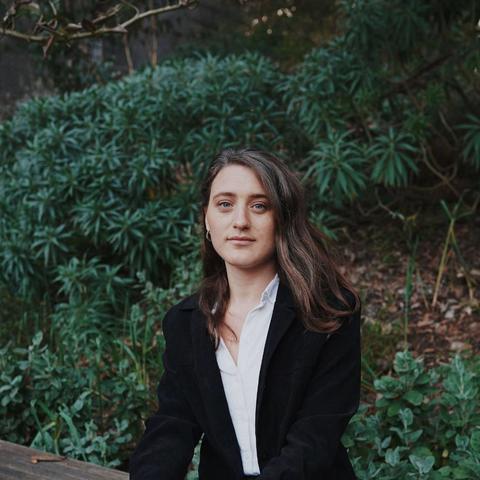
Caption
Chattahoochee Riverkeeper Drone captures the Phenix City Waste Water Treatment Plant, 1600 E. State Docks Road, Phenix City, Ala., on June 10, 2024. The plant is accused of violating the Clean Water Act and Alabama Water Pollution Control Act.
Credit: Henry Jacobs, CRK


